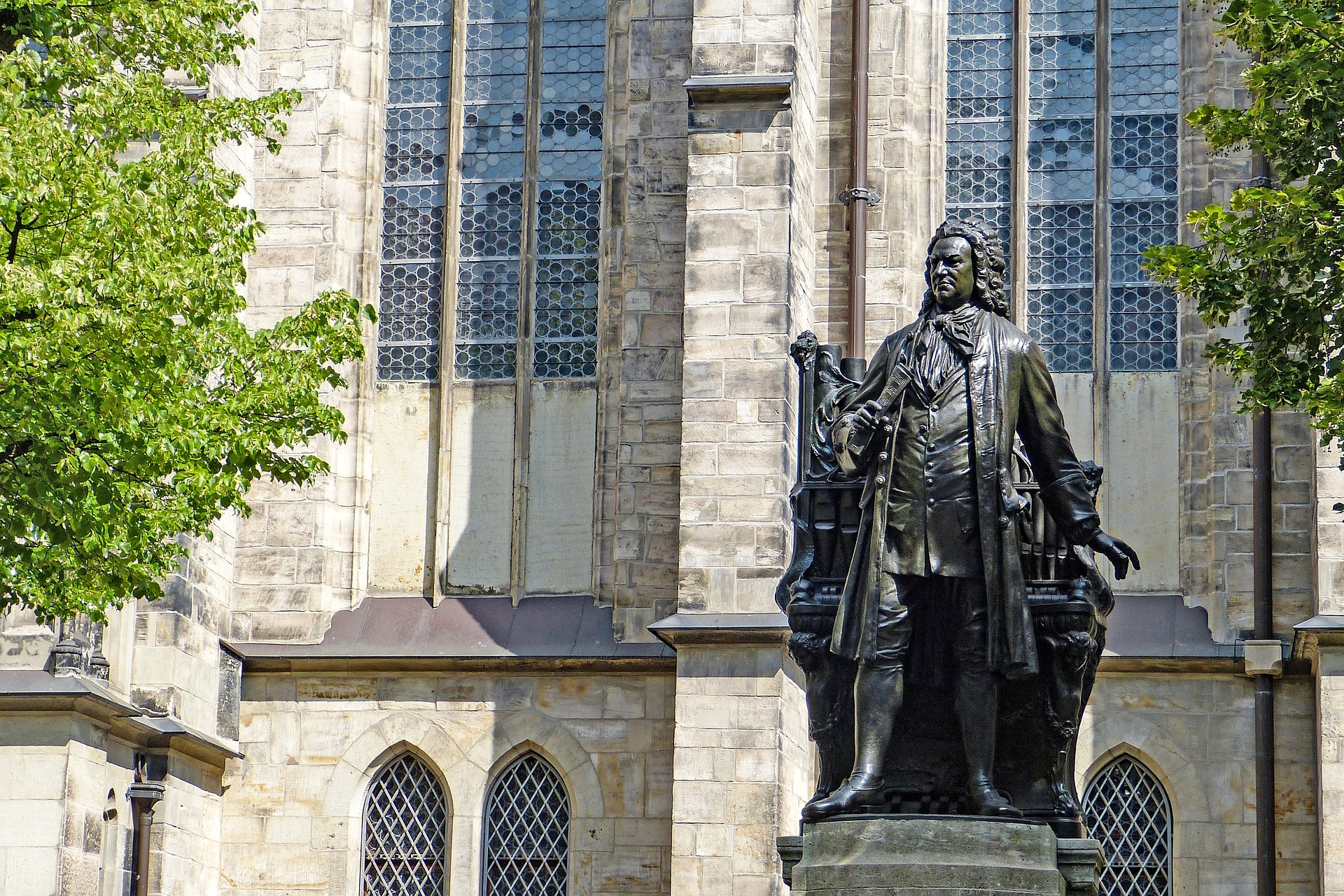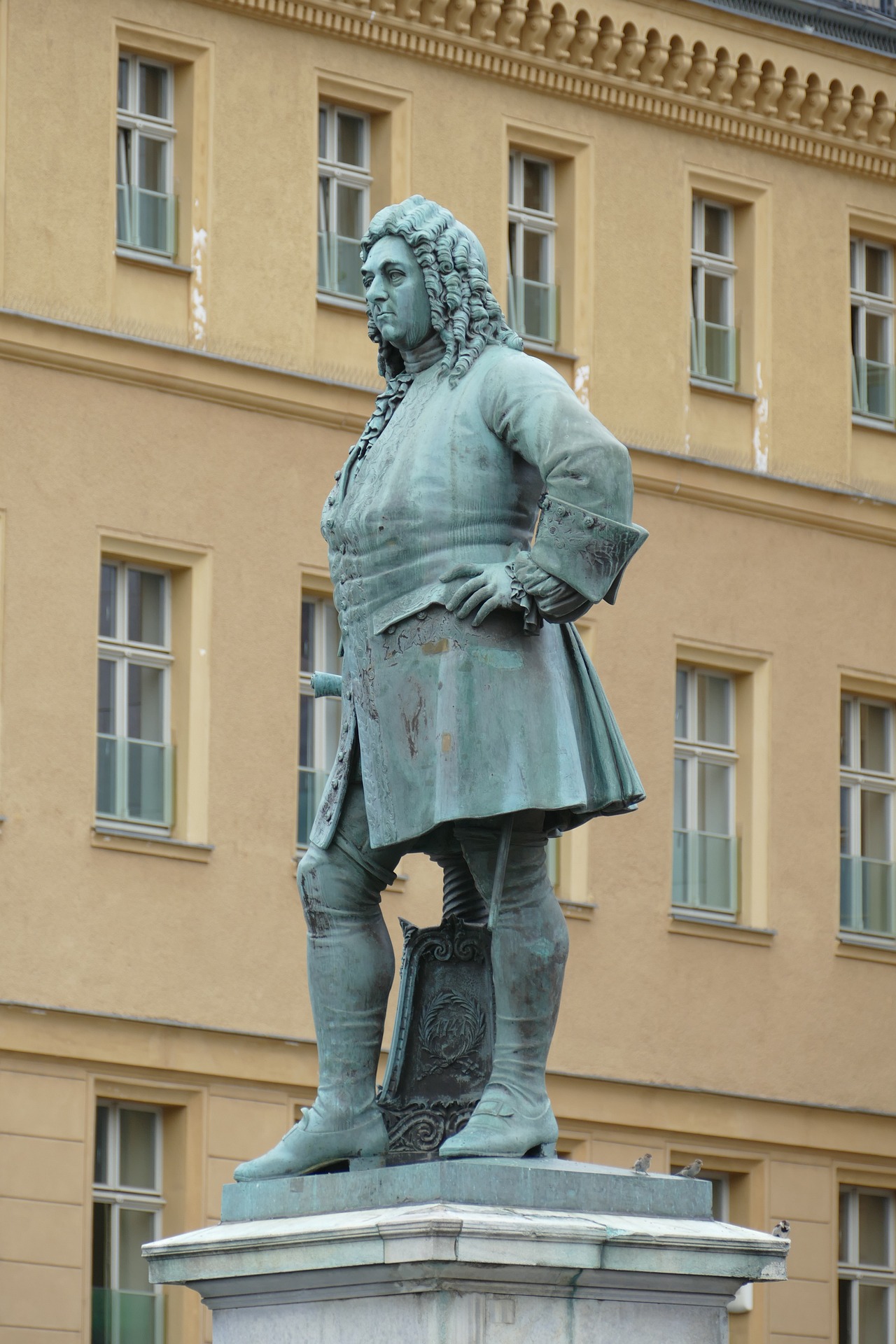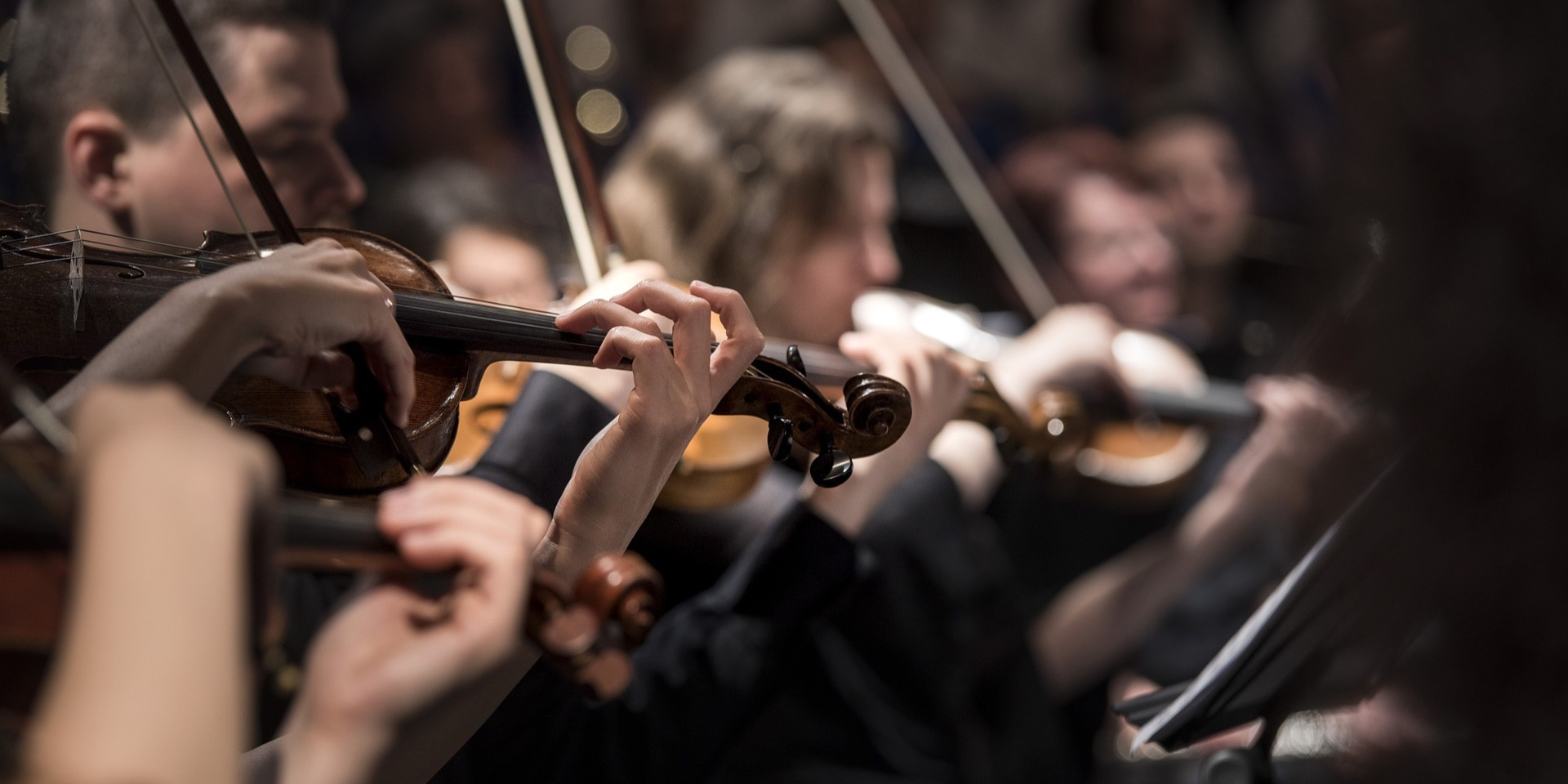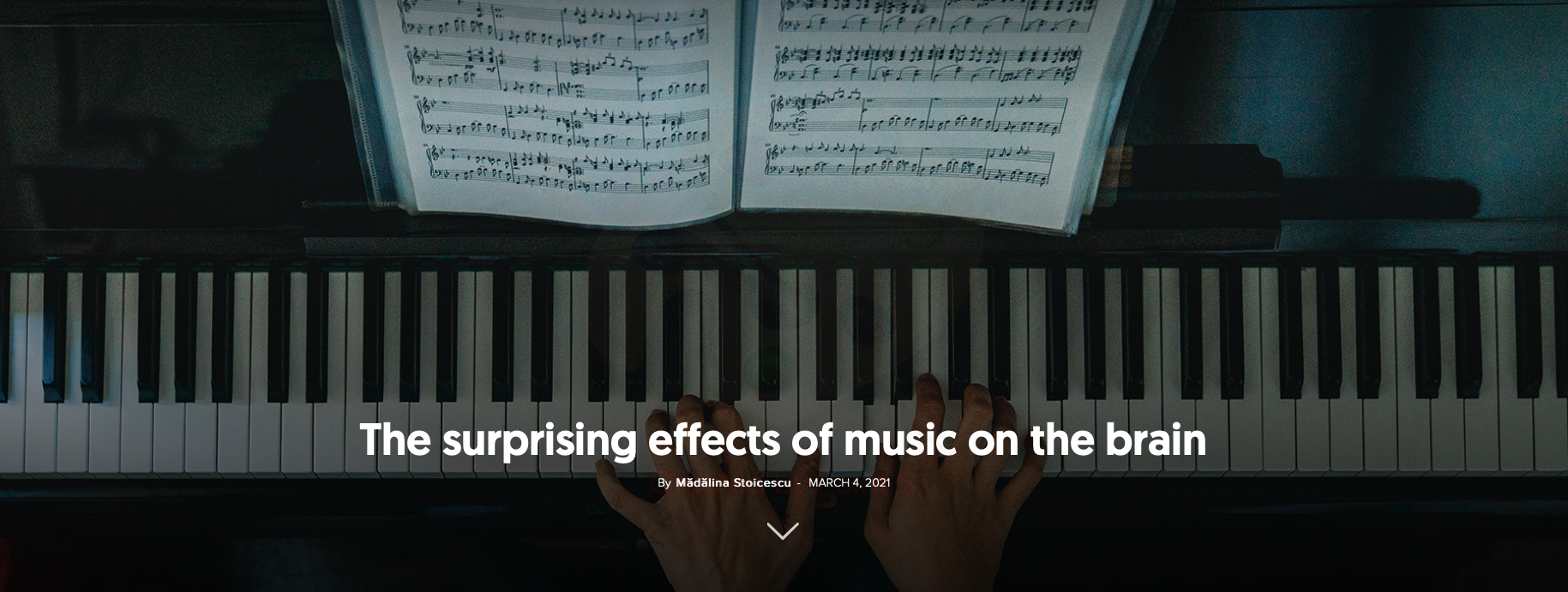The year 1685 gave the world two of its greatest composers: Johann Sebastian Bach and George Friedrich Handel. The presence of the great biblical subjects in their masterpieces not only filled the hearts of believers with joy, but determined a new direction in the evolution of the musical language, which continues to have an impact to this day.
Almost two centuries before the birth of the two composers, the Reformation resulted in a clear influence on the character and role of the musical language. Before Luther, church music was being increasingly robbed of its sacred character, and instead, sumptuousness and unbridled pomp were promoted. Large amounts of money were spent to purchase instruments and to pay professional musicians. Party and dance invaded liturgical services and it was common for psalm singing to be “enlivened” with alcohol in monasteries.
Faced with this situation, Luther, himself a composer, promoted choral singing characterised by simplicity. Bach and Handel had many of these works at their disposal, the beauty and consistency of which they developed in their creations.
Fragments of eternity…
Living in the same era, Bach and Handel were always subjected to comparisons with each other. Although both offered monumental creations, the complexity of Bach’s music penetrates depths rarely touched by Handel’s jubilant expansiveness. The former paid more attention to church music, while the latter composed more secular music. Of course, listeners less familiar with Bach’s compositional thinking will find Handel’s work more accessible.

One of the most profound elements of the human being, which is found in Bach’s creation, is the permanent tension between “what I want and what I should.” The alternation of preludes and fugues is a way of illustrating the ideal of striving for the complete fulfilment of the divine will, without losing anything of the exuberance and innocent fantasy of everyday life. Bach is the first composer to translate this balance into music, and thus is the face of the Saviour presented in his works. For example, in the “St Matthew Passion,” the agony of Jesus is expressed with great lyrical generosity. However, these sufferings do not shake the dignity of the sacrificed One and His love for humanity.
On the other hand, in “Messiah,” his most famous oratorio, captivated by the spirit of triumph worthy of being celebrated, Handel portrays Jesus Christ beyond the suffering endured for the salvation of mankind, pointing to the auspicious finality of the fulfilment of His mission.
While Handel was alive, the oratorio was performed for the benefit of various charitable institutions. The last occasion of this kind, in London, a week before the composer’s death, was for the benefit of orphans. The dramatics and expressive power of this work place it alongside Bach’s “Passions” as a monument of sacred musical creation.
…entrusted to the mortals…
The high spirituality of Bach’s creative work is very often associated with the strong faith of the one who was nicknamed the “Fifth Evangelist.”[1] Leonard Bernstein claims that Bach’s entire creation is religious, with each note being dedicated to God.[2] His work is essentially Christocentric. The Bible and theology books contained in his library, with his personal notes and annotations, speak of his thirst for knowledge of the divine. Nevertheless, his descriptions made by his contemporaries do not paint him as an ascetic, but as an ordinary man, who liked to be among people. However, when his musical vision came into conflict with that of the Puritans of Arnstadt and the Pietists of Mühlhausen, he left the post on unfriendly terms. Later, his insistence on going to Coethen earned him a month in prison.

Unlike Bach, Handel was not born into a musical family. Still, his family created the conditions for his development in the court environment, where he stood out both for his musical talent and for the ease with which he charmed people. However, conflict situations did not escape him either. A year after he had applied with his friend Mattheson for the same position in Lübeck, they fought a duel, and they both ended up with rather serious injuries.
Bach and Handel were both born on German territory, but they never met. They both had such a large arm span that they could hold a duodecimal interval on the organ. They both went blind towards the end of their lives, ending up under the less fortunate care of the same doctor. Ana Magdalena Bach records that her husband regained his sight for a few moments, as a divine gift, before saying goodbye to this world.[3]
…of that time and of the times that followed
If Handel’s work was more welcome during his lifetime, Bach did not enjoy unanimous admiration, like he does today. Even the Protestant communities he served showed their reservations about his improvisational freedom brought to worship. However, Bach did not innovate out of a revolutionary ambition, and his creation is not confessional, but carries the universal message of salvation. Without their contribution, both church and secular music would have experienced a major decline. The patterns grounded before them were gradually transforming either into formulas devoid of the substance of the liturgical ritual, or into manifestations of laziness. Without Bach and Handel, pre-classicism would have amplified the tendencies to exploit what is far too human in people, losing the fragments of eternity entrusted to the mortals of that time and of the times that followed.
You might also enjoy reading:


















